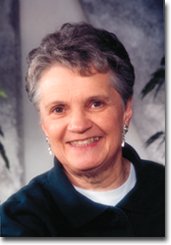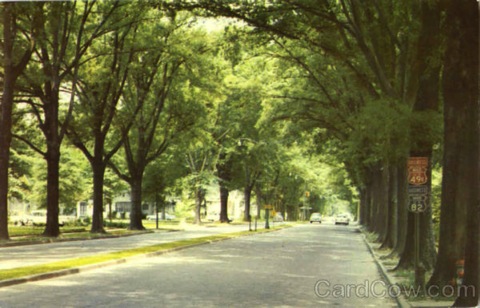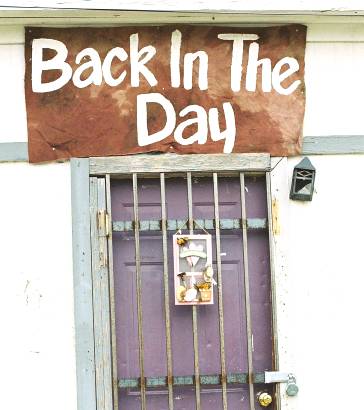
By Doreen Kerby
Greenwood is in the heart of the Delta, a flat region noted for excellent crops, friendly people, delicious food, and good music, especially the blues. With a population of 15,000 it claims to be the “Cotton Capital of the world.” InPasted Graphic 2 the 30s and 40s, one fifth of the world’s cotton was grown here.

Greenwood is located where the Tallahatchie and the Yalobusha meet to form the Yazoo River. Lovely trees and green lawns create an inviting setting. Big, beautiful antebellum homes that belonged to rich plantation owners line the streets and depict untold wealth. An important Mississippi Blues Trail Marker is located on Howard Street where B.B. King made his first live broadcast at the radio station in 1940. Another important Blues Marker indicates the grave of singer Robert Johnson at Little Zion Missionary Baptist Church.

But Greenwood hasn’t always been so serene and peaceful. It was here in 1955 that Robert B. Patterson founded the White Citizens Council (the Klu Klux Klan under a different label). Local chapters formed across the state and the all-white legislature voted to help them financially. Back in 1890 the state passed a constitution that changed electoral laws and passed Jim Crow laws that made it impossible for black people to vote or even protest.

The south part of Greenwood is called Baptist Town. Only black people live here and Sylvester Hoover acted as our guide. It is called Baptist Town because of McKinney Baptist Church, the nicest building in the area. Jim Crow Laws still prevailed here until 1965. Blacks had to step off the sidewalk if a white person walked by. They were not allowed to shake hands with a white person or make eye contact. Nor could they cross the railroad tracks. Penalties were severe – beatings, and even lynching.
Sylvester remembers when the trucks came to pick up workers for the plantations. He said, “Everyone jumped in, even the children. Anyone found hiding would be beaten. We never had any rights until 1971 (over a hundred years after the Civil War). And that is what gave us the blues.”
Morgan Freeman was raised in Baptist Town. He developed a love for acting while performing in a school play and when he graduated from Greenwood High he won the Scholarship for Drama at the University of Mississippi but chose the air force instead. He owns a very popular nightclub called Ground Zero Blues Club in Clarksdale, 56 miles from Greenwood.
“The Help” was filmed here. It is based on Kathryn Stockett’s book exposing the
racism some black maids endured working for white families. Sylvester showed
us where Minny, Aibileen, and “Skeeter” Phelen were housed. When it was time
to say “goodbye,” to the cast and crew, southern hospitality prevailed including food,
fireworks and speeches. The whole town was deeply touched by the experience.
Sylvester took us to a little shack used for a black museum. It houses memorabilia from the past. No items were stored behind glass or arranged in logical order. One small 40-watt bulb was the only light in the room. I noticed a faded photo of Robert Kennedy. The Kennedy’s fight for desegregation brought a ray of hope to the blacks and their political support.
While we were there, Sylvester showed us a canvas bag with a strap to go over the shoulder so both hands could be used to pick cotton. He remembers his mother working in the cotton fields with him sitting on the bottom of the bag. When filled it weighed 200 pounds. The blacks worked from “can see to can’t see,” which turned out to be 12-14 hours in the blazing sun and no gloves to protect their fingers from the prickly pods. No one dared to escape from the Delta.
The only day they got off was Sunday and going to church meant everything to them. When a black choir sings their passion is infectious. Belief in God was their only hope and both hymns and the Blues represented triumph over adversity. It is also encouraging to note that the Greenwood paper, the Clarion-Ledger, is presently busy printing stories of the bitter past in hopes of redressing the wrongs committed by former generations.
If You Go:
The Alluvian Hotel is the place to stay. It provides an exceptional breakfast buffet.
The Giardina’s Restaurant beside the hotel (1936) offers impeccable service and delicious food.